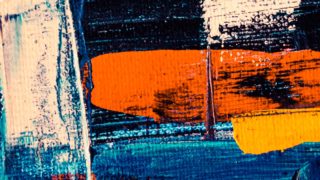
Growing Up Aboriginal in Australia: a review
By Samaya ArgüelloA collection of diverse, deeply personal and insightful experiences from a range of Indigenous Australian authors.

A collection of diverse, deeply personal and insightful experiences from a range of Indigenous Australian authors.

Kat George chats with Global Diversity and Inclusion Strategist Fadzi Whande about the opportunities and struggles for diversity, inclusion and empowerment that exist within our institutions.

Participants from the In Visible Ink symposium reflect upon the prospects of trauma, memory and healing that emerge when we tell difficult stories.
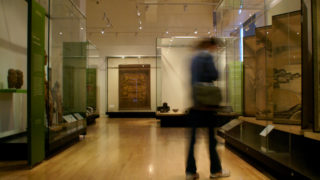
Sarah Yeung reviews the In Visible Ink symposium, in light of the role of museums as both sites of trauma and healing.
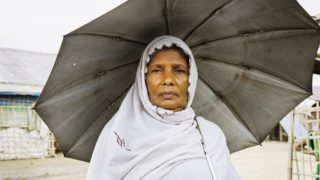
Ali MC considers the statelessness of the Rohingya people, and how the ethnic divisions resulting from colonisation have left them with few allies.
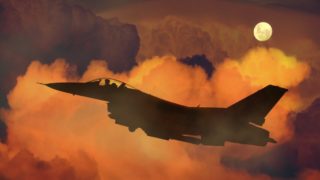
Peter Rees chronicles the barriers broken down, and those still standing, in the life of Kamilaroi man Len Waters, Australia’s first Indigenous aviator.
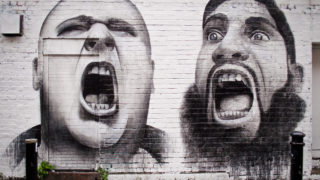
The demonisation of the Sudanese community is not a new phenomenon, it is a trend. Francis Deng reflects on the unseen impacts of media sensationalism.
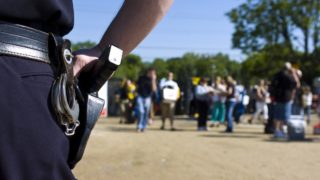
It might be said that the law recognises that being able to spend time with those who you call your own is important to one feeling human. But what does this protection mean if police are issued broad powers to determine who is a suitable person for you to associate with?
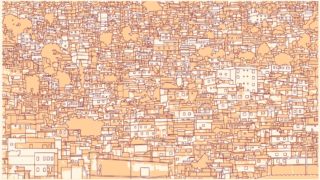
“We are not either. We are not specifically Asian. We are not specifically Australian, but we live within that space,” says Dr Tammy Wong Hulbert, speaking about her exhibition Hyphenated that was shown at The Substation over March and April 2018. I encountered Tammy’s name several times on the Facebook group “Asian Australian Studies Research Network” before […]
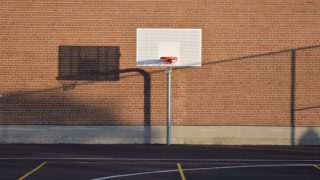
Sports drama meets police procedural in a gripping exposé into a Sudanese community in the Western suburbs of Melbourne.
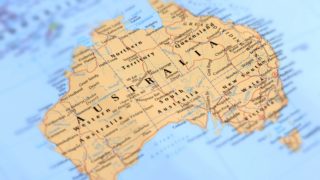
We are one, but we are many – yet, both here and around the world, the Australian identity is one far too limited by skin colour.
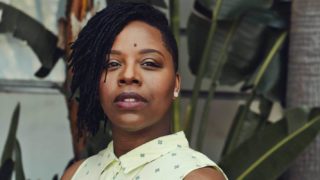
Anika Basset reviews Patrisse Khan-Cullors’ memoir, When They Call You a Terrorist.